Sleeping in a car in Iowa is not outright illegal, but the situation is nuanced and can depend on specific locations, local ordinances, and circumstances. Understanding these details will help avoid trouble whether on an overnight road trip, facing a long drive, or dealing with a personal emergency.
Understanding Iowa State Law
Iowa does not have a broad state law that directly prohibits sleeping in your car. This means that simply resting in a vehicle is not automatically a crime under state statutes. However, there are exceptions and gray areas, notably when city or county ordinances come into play or if the context involves impaired driving. Local governments retain the authority to regulate parking and overnight stays within their jurisdictions.
Municipal and Local Variations
City regulations vary across Iowa. For example, many cities allow sleeping in cars as long as vehicles are legally parked, not obstructing traffic, and following posted parking hours. In Des Moines, it’s generally considered legal to sleep in your car provided the vehicle is moved at least every 24 hours. This ensures that the car does not run afoul of rules against abandoning vehicles or long-term parking on public streets.
Some cities, like Orange City, have special overnight parking restrictions on certain streets during winter and other designated periods. These rules help city services like snow removal and emergency access, but they also influence when and where car sleepers can legally park.
Parking Lots and Private Property
Many large retailers, such as Walmart or truck stops, were traditionally known for allowing overnight parking. However, these policies have become less consistent in recent years and can change from one location to another. While some Iowa Walmart locations may permit overnight parking, it is always best to ask the store manager or property owner for permission. Businesses have the right to set their own parking rules and may impose time restrictions or bans on overnight stays. Ignoring store or lot policies can result in being awakened by security or local authorities.
Rest Areas and Interstate Highways
The state operates several rest areas along its highways. These facilities typically allow travelers to rest in their vehicles for up to 24 hours. Rest areas are among the safest and most legal options for sleeping in your car while traveling through Iowa, especially for those on long journeys or needing to break up drives. However, “camping” activities—like setting up grills, tents, or sleeping outside the car—are not allowed and may draw unwanted attention from authorities.
Legal Risks and Considerations
While the act of sleeping in a car is often legal, two key risks stand out:
-
Intoxication: If a person is found asleep in their vehicle while intoxicated, especially with the keys in the ignition or reachable, they could face charges for “operating while intoxicated” (OWI). This can apply even if the vehicle is not being driven, as Iowa law interprets being in control of a vehicle more broadly than just driving it.
-
Loitering or Trespassing: Sleeping in a car on someone else’s property without permission may be considered trespassing or loitering. This could result in fines or being asked to leave, so always check for posted signs and obtain consent on private land.
Recent Legal Changes and Homelessness Issues
In early 2025, Iowa lawmakers introduced a bill aimed at banning camping or sleeping on public property in response to increasing homelessness in several cities. The proposed law would have made it illegal to sleep or set up camp on public grounds, with fines and possible misdemeanors for non-compliance. However, the bill was ultimately dropped and did not pass into law. There remains ongoing debate and local policy experimentation around balancing public order and compassion for unhoused residents.
Key Statistics and Trends
-
The number of Iowans experiencing homelessness increased moderately over the past three years, with about 2,200 people statewide identified as unsheltered in the periodic “Point in Time” counts. These numbers drive conversations about public policy and the rights of those who sleep in cars or public places.
-
Parking citations related to overnight vehicle stays have risen in cities like Iowa City and Cedar Rapids, largely due to stricter enforcement of parking duration rules rather than direct enforcement of sleep-specific ordinances.
-
Iowa has nearly 40 official rest areas along interstate highways, with most permitting up to 24-hour stays, supporting the state’s culture of road travel and long-distance trucking.
Safe Locations for Sleeping in a Car
Some locations are generally safer and more accepted for roadside rest:
-
Interstate rest areas
-
Truck stops and travel plazas
-
Certain 24-hour retail parking lots (with permission)
-
Designated RV parks that accept vehicles
What to Avoid
Car sleepers should avoid parking on residential streets where neighbors might report suspicious activity. Do not park in areas with posted “No Overnight Parking” signs, or where parking duration is limited to a few hours. University parking lots, utility company lots, and government facilities often have strict access rules, particularly after hours.
Tips for Staying Legal and Safe
-
Confirm local parking rules before choosing a spot. City websites, business owners, or signs can often provide needed information.
-
Park legally without blocking driveways, fire hydrants, or violating posted rules.
-
Avoid leaving visible valuables in the car, to reduce the risk of break-ins.
-
Refrain from creating noise or disturbances that might invite complaints.
-
If impaired, never keep the car running or keys in the ignition to avoid OWI liability.
Iowa Cities and Their Approaches
Laws and enforcement policies can vary from one city to another. For instance:
-
Cedar Rapids and Iowa City maintain strict regulation of overnight street parking in busy neighborhoods but are sometimes more lenient in industrial or commercial districts.
-
Ames restricts vehicle parking to under 48 hours on city-streets, enforcing these limits especially during university breaks and winter weather advisories.
-
Some towns, typically with lower populations or more available public land, have few restrictions and less active enforcement regarding sleeping in vehicles.
Final Thoughts
While sleeping in a car is not criminalized statewide in Iowa, anyone doing so should remain cautious and attentive to location, local ordinances, and broader safety issues. The trend in 2025 leans toward increased regulation and pressure on overnight car stays, mostly as cities address complex homelessness trends and public order. Choosing legal locations such as highway rest stops and obtaining permission on private lots remains the best way to stay within the law. In urban areas, particularly near college campuses and downtowns, car sleepers should expect greater scrutiny and stricter enforcement of parking regulations.
Awareness and preparation remain the best defenses—by understanding the nuances of Iowa law, communicating with property owners or managers, and maintaining a low profile, travelers and those facing difficult circumstances can minimize risk while resting in their vehicles across Iowa.
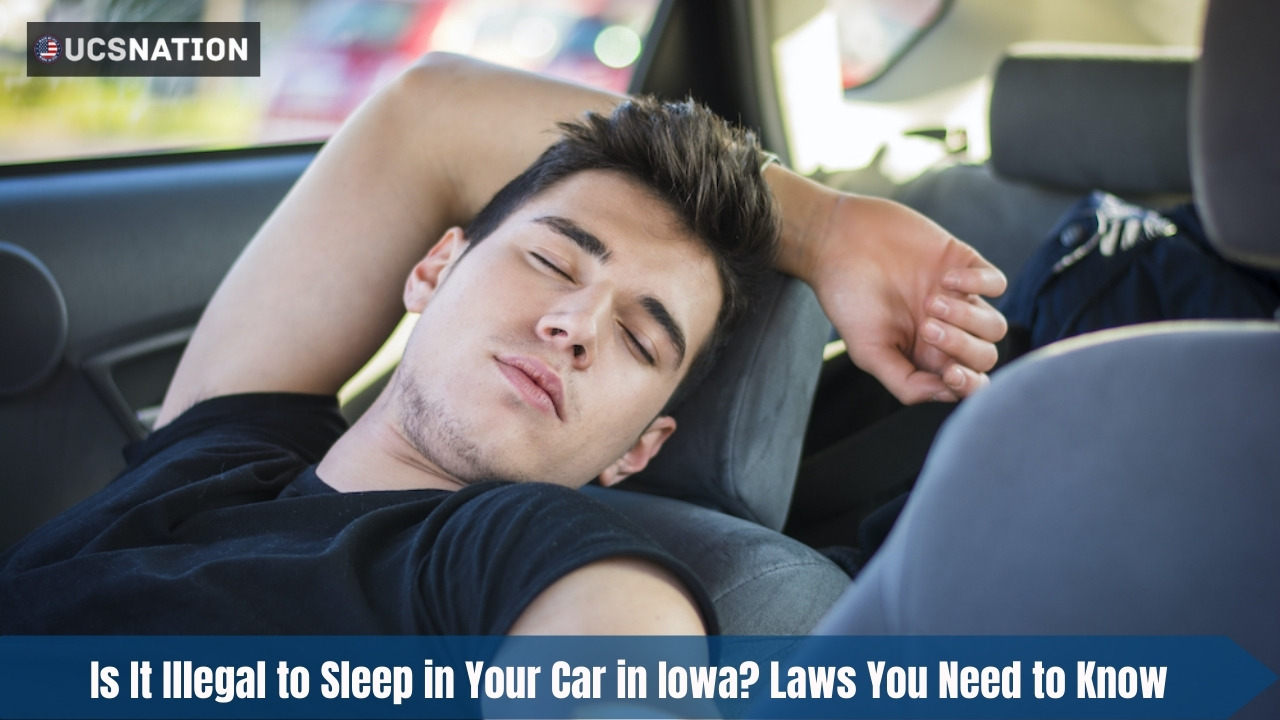





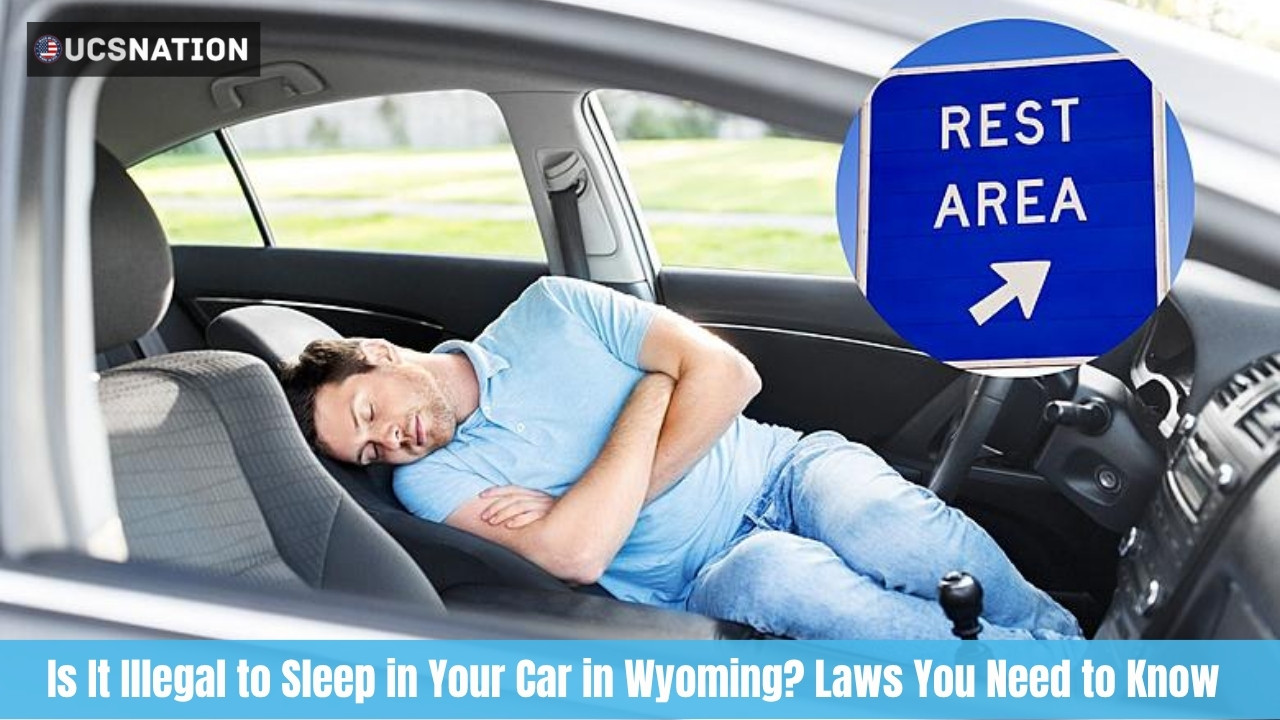
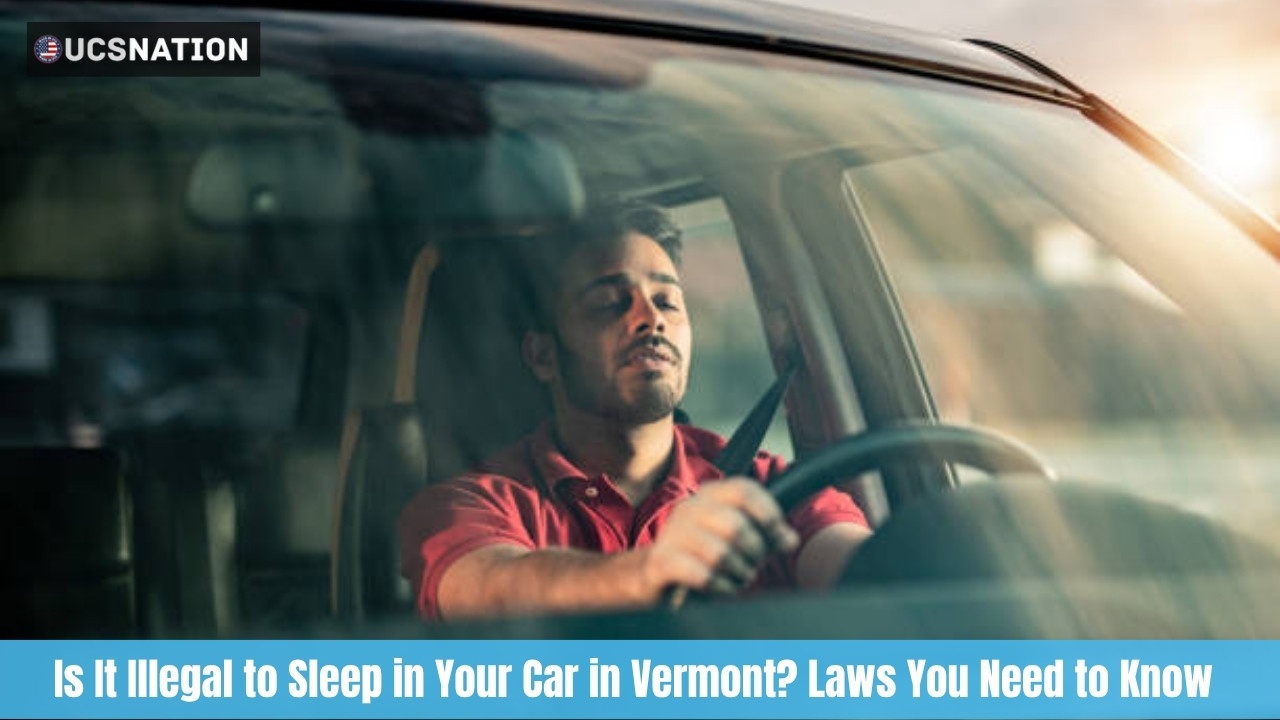
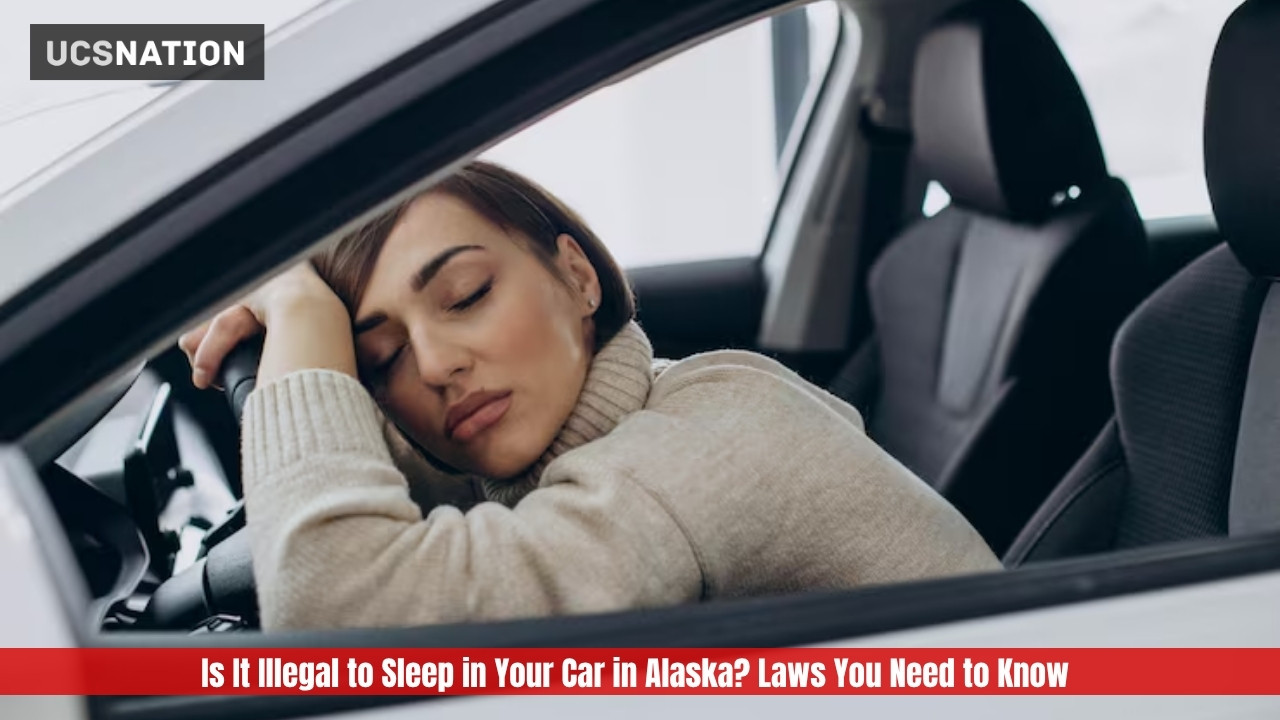
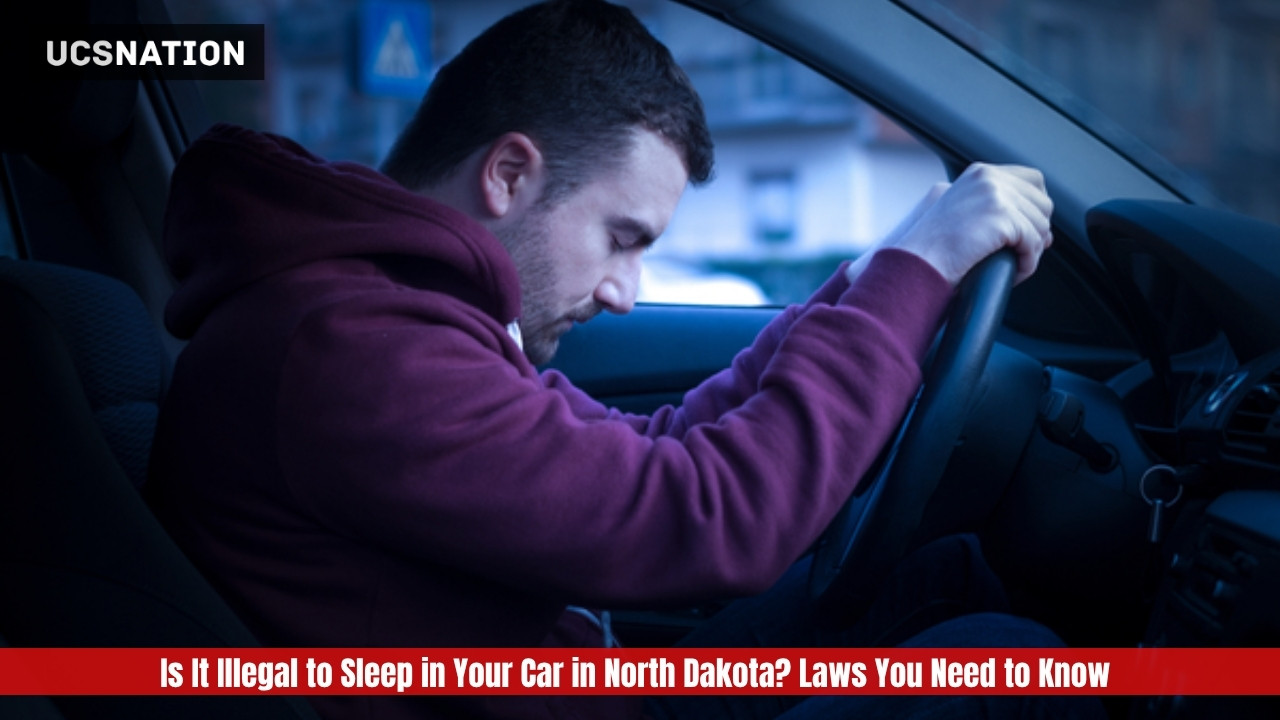
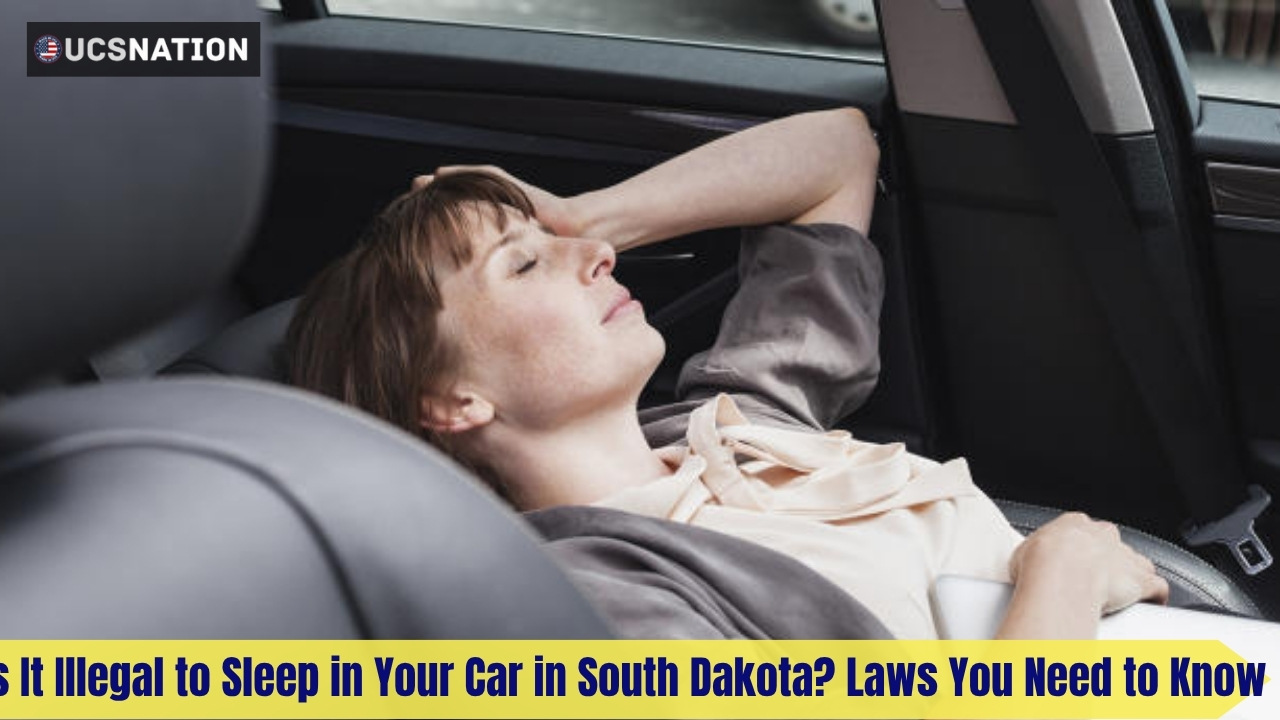




Leave a Reply